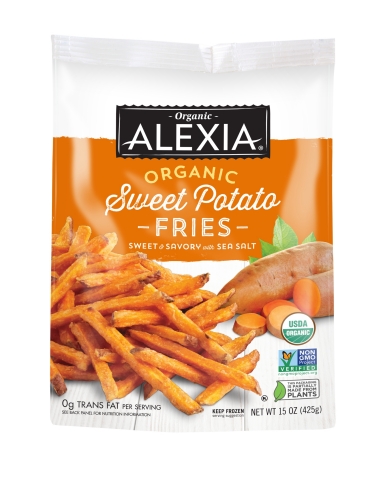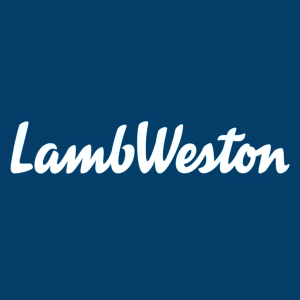Lamb Weston Introduces Packaging Made From Sustainable Biomaterial
Lamb Weston introduces sustainable packaging for its Alexia brand products, incorporating corn and potato starch. This eco-friendly initiative starts this month, aiming to enhance consumer appeal, as over 30% of U.S. consumers prioritize sustainable packaging. The products, including Organic Sweet Potato Fries and Yukon Select Puffs, will be labeled accordingly. The development took two years and aims to reduce carbon emissions significantly, equating to the environmental impact of driving 14,700 miles. The move reflects Lamb Weston’s commitment to sustainability as outlined in their 2020 ESG Report.
- Introduction of sustainable packaging aligns with consumer demand for eco-friendly products.
- The initiative reflects Lamb Weston's commitment to reducing its carbon footprint.
- The environmental benefits equate to significant reductions in carbon emissions, enhancing corporate responsibility.
- None.
Insights
Analyzing...
Driving toward a goal of using more sustainable materials in packaging, two Lamb Weston Alexia brand products will use corn and potato starch in their packaging beginning this month.

Lamb Weston introduces sustainable biomaterial packaging that is partially made of potato starches, a byproduct of producing french fries (Photo: Lamb Weston)
The packaging is partially made of potato starches, a byproduct of producing french fries, and will be identified with a label on the front of the package indicating it is partially made from plants. Research by GlobalData (March 2021) indicates more than 3 in 10 U.S. consumers believe environmentally friendly packaging material is a key driver of a purchase.
Alexia’s Organic Sweet Potato Fries and Alexia’s Organic Yukon Select Puffs will feature a special seal, identifying the plant-based packaging. Lamb Weston’s packaging team spent two years collaborating to create a durable, sustainable packaging alternative and continue working to expand their sustainable packing efforts.
“Sustainability is a pillar of our packaging innovation strategy. By combining efforts with teams across the business we were able to create something innovative that will not only help reduce our carbon footprint, but also continue to deliver to our customers,” said Deb Dihel, Vice President of Innovation.
According to American Packaging Corporation, the environmental impact annually* of using a packaging substitute for the Alexia Organic Potato equates to:
- 14,700 miles driven
- 252 trash bags in landfill
- 750,000 phones charged
- 98 trees over 10 years
- 14 barrels of oil
*Utilized 3.0 mil LLDPE (low density polyethylene) sealant film with
“Lamb Weston’s Packaging Team has set clear and meaningful sustainable packaging aspirations. Delivery of this innovation to consumers illustrates progress towards these goals first shared in our 2020 ESG Report,” said Trudy Slagle, Senior Director, ESG Administration.
About Lamb Weston:
Lamb Weston is always pushing the boundaries of potato innovation. For more than 70 years, Lamb Weston has led the industry in innovation, introducing inventive products that simplify back-of-house management for our customers and make things more delicious for their customers. From the fields where Lamb Weston potatoes are grown to proactive customer partnerships, Lamb Weston always strives for more and never settles. Learn more about us at lambweston.com.
View source version on businesswire.com: https://www.businesswire.com/news/home/20210415005695/en/







